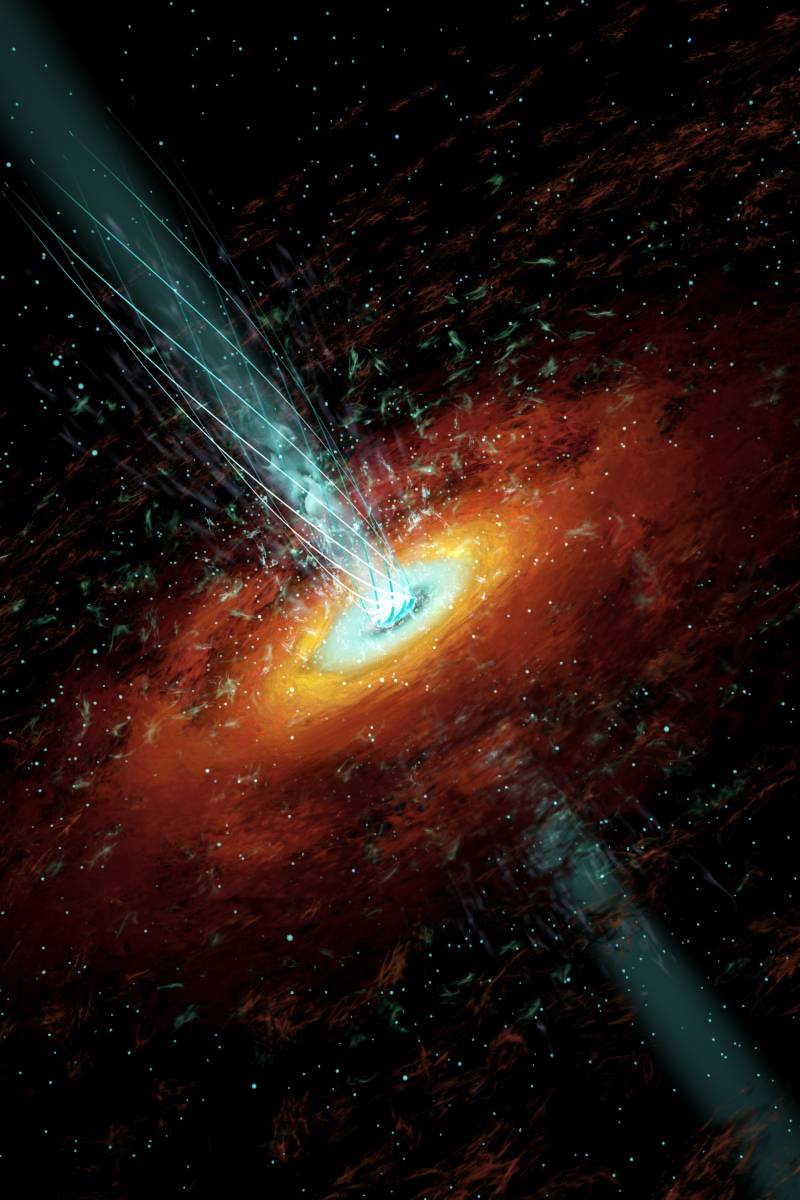How is the Hubble Constant Affected by Dark Energy?

Question:
When we found the universe’s expansion rate to be increasing, we did it by looking at galaxies from far away & comparing their recession velocities to those that were closer. Because of the finite speed of light, the more distant the galaxy, the farther in the past its light was released, and therefore its speed represented the universe’s expansion rate at a time in the distant past compared to closer ones giving us the universe’s more recent expansion speed. It was determined that the expansion of the universe was slower (the more distant ones were receding slower) in the past than it is now, hence the need for dark energy. How does that jive with the hubble constant though, which tells us that the farther things are away from us, the faster they are receding? Which is it, are the more distant galaxies moving away faster than closer ones (hubble constant), or are the distant galaxies moving away slower than the closer ones (the finding that the universe’s expansion is speeding up)?
Answer:
Since the Hubble constant is a function of redshift, it reflects a different value depending on how far back in time you are looking. All of the contributions to the universe’s total matter and energy density, then, are time-dependent, which gives us information about the expansion rate of the universe. So, in fact, the “Hubble constant” itself is a misnomer. It is a constant in space since it has a value today that is the same everywhere in the Universe, but it is not a constant in time.





